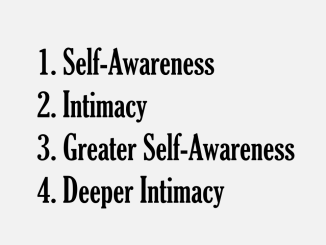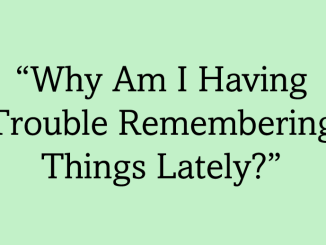There is no doubt stress, and our physiological stress response, significantly affects the way we function.
Just here on the With a Little Help Counselling website, you will find many articles from the world of research, medicine, and psychology, outlining the impacts of stress.
Here, where people come to me for assistance in different aspects of their lives, especially relationships, I cannot understate how important it is that we are aware of what stress does to us.
In a nutshell, stress diverts vital blood and oxygen away from the high-level thinking and reasoning areas of our brain, the parts of our brain where we make good decisions that deliver good outcomes, to the emotional processing centres.
This, of course, is where poor decisions are often made, often leading to poor outcomes.
Now, I can bring you some new research findings that underscore this phenomenon and the potentially impactful results of being in a constant state of stress.
A team from Edith Cowan University (ECU) in Sydney has found that acute stress may impair key brain functions involved in managing emotions, particularly in people living with ‘distress disorders’ such as depression, anxiety, and borderline personality disorder.
As I mentioned above, being under stress diminishes mental focus and disrupts executive functions such as problem-solving, planning, and emotion regulation.
This, of course, most likely leads us to poor outcomes, for example, instead of doing or saying the loving thing to our spouse, we act poorly and destructively.
ECU Master’s student Tee-Jay Scott says these executive functions are vital for controlling emotional responses, especially in challenging situations.
“Our findings suggest that people with distress-related disorders may be more vulnerable to having these executive functions disrupted under stress.”
Aside from potentially exposing our emotional vulnerabilities (which we all have to varying degrees), stress also affects our working memory (holding and using information), response inhibition (resisting impulsive actions), and cognitive flexibility (adapting to change).
This also means that until stress is reduced, often therapy interventions might not be effective (which is why I talk about building safety for self and others).
The researchers say the findings highlight the importance of taking this approach.
“There is a need for more tailored interventions that build executive function capacity before emotionally challenging work begins.” – Professor Joanne Dickson
Want to try and get on top of stress? Here’s some information that might be of assistance. I can also try and assist you directly in Individual or Relationship Counselling sessions.



